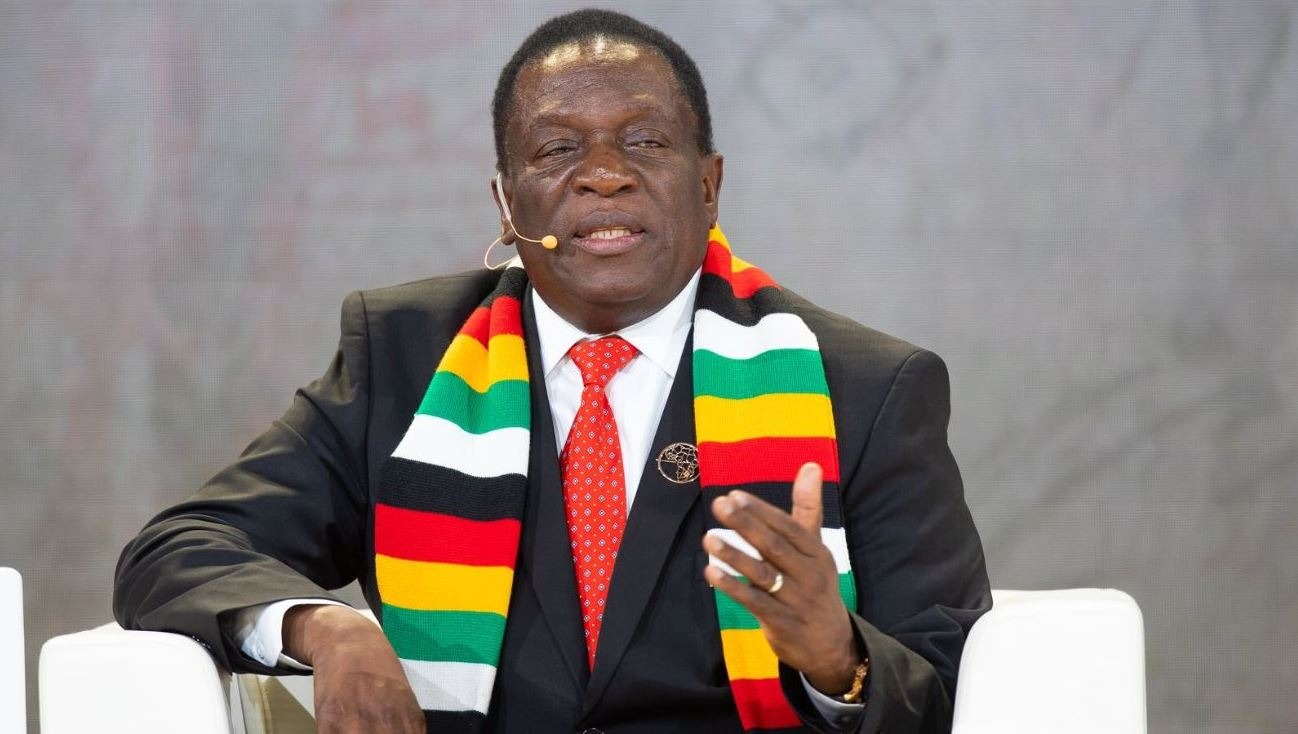On Monday, the United States made a significant decision regarding its sanctions policy towards Zimbabwe, ending a two-decade-old sanctions regime while simultaneously imposing new measures against President Emmerson Mnangagwa for alleged gross human rights violations and corruption.
This move marks a potential relief for ordinary Zimbabweans who have long suffered under economic restrictions since 2003. However, it may not be seen as a positive development for the country’s political leaders, particularly those accused of oppressing opponents.
President Mnangagwa, who has been in power since the 2017 coup, is now the first sitting head of state to be designated by the US under its Global Magnitsky Programme, along with his wife Auxilia.
Zimbabwe President, Emmerson Mnangagwa (Credits: Turkiye Newspaper)
Additionally, his deputy, Retired General Constantino Chiwenga, is also on the list, which includes nine individuals and two companies.
This decision comes as Washington seeks to demonstrate that its sanctions are not broadly targeted at Zimbabwe, following intense lobbying efforts by leaders of the African Union and the Southern African Development Community.
Walley Adeyemo, the US Deputy Treasury Secretary, explained that the change in the sanctions regime is intended to target the “criminal networks” surrounding President Mnangagwa and to address mounting concerns regarding corruption and human rights violations.
“Today we are refocusing our sanctions on clear and specific targets, President Mnangagwa’s criminal network of government officials and businesspeople, who are most responsible for corruption or human rights abuse against the people of Zimbabwe,” Mr. Adeyemo stated in a released statement.
This shift in US sanctions policy reflects a nuanced approach that seeks to hold accountable those deemed responsible for egregious actions while avoiding broad-based measures that could harm the general population.
It also underscores the US government‘s commitment to promoting accountability and respect for human rights in Zimbabwe and elsewhere.
